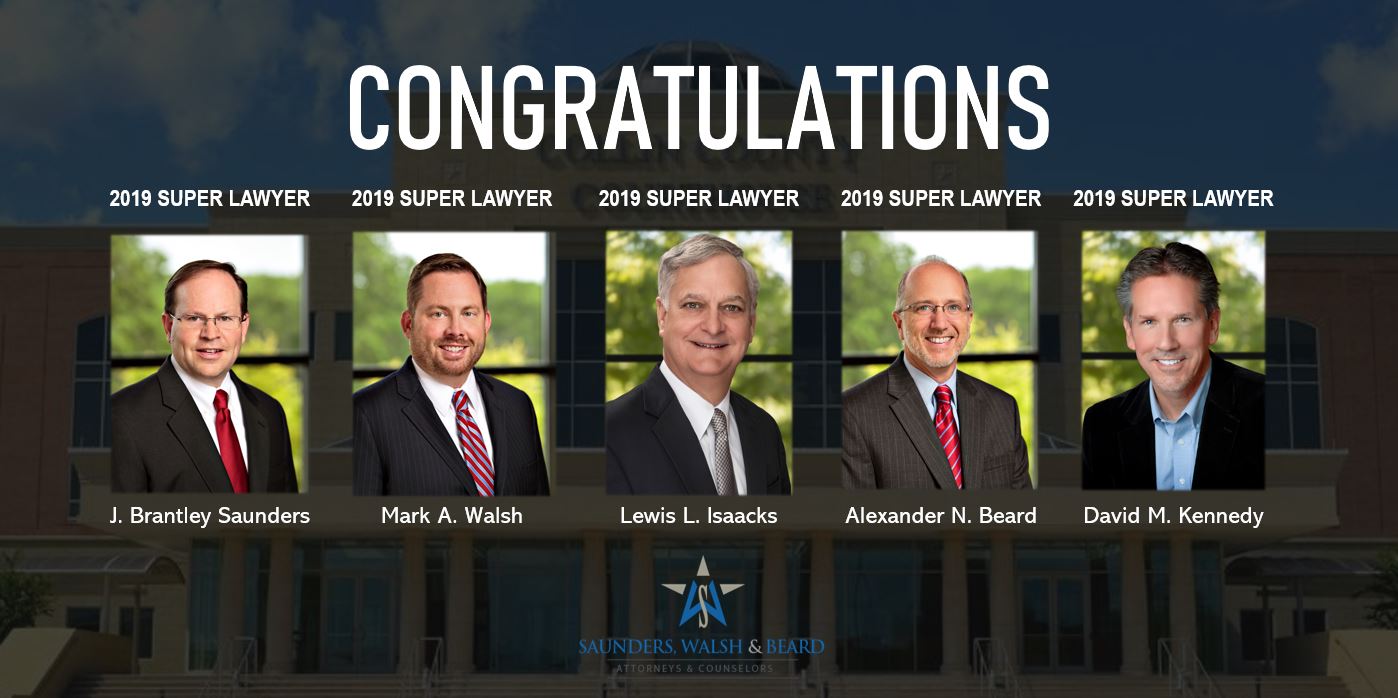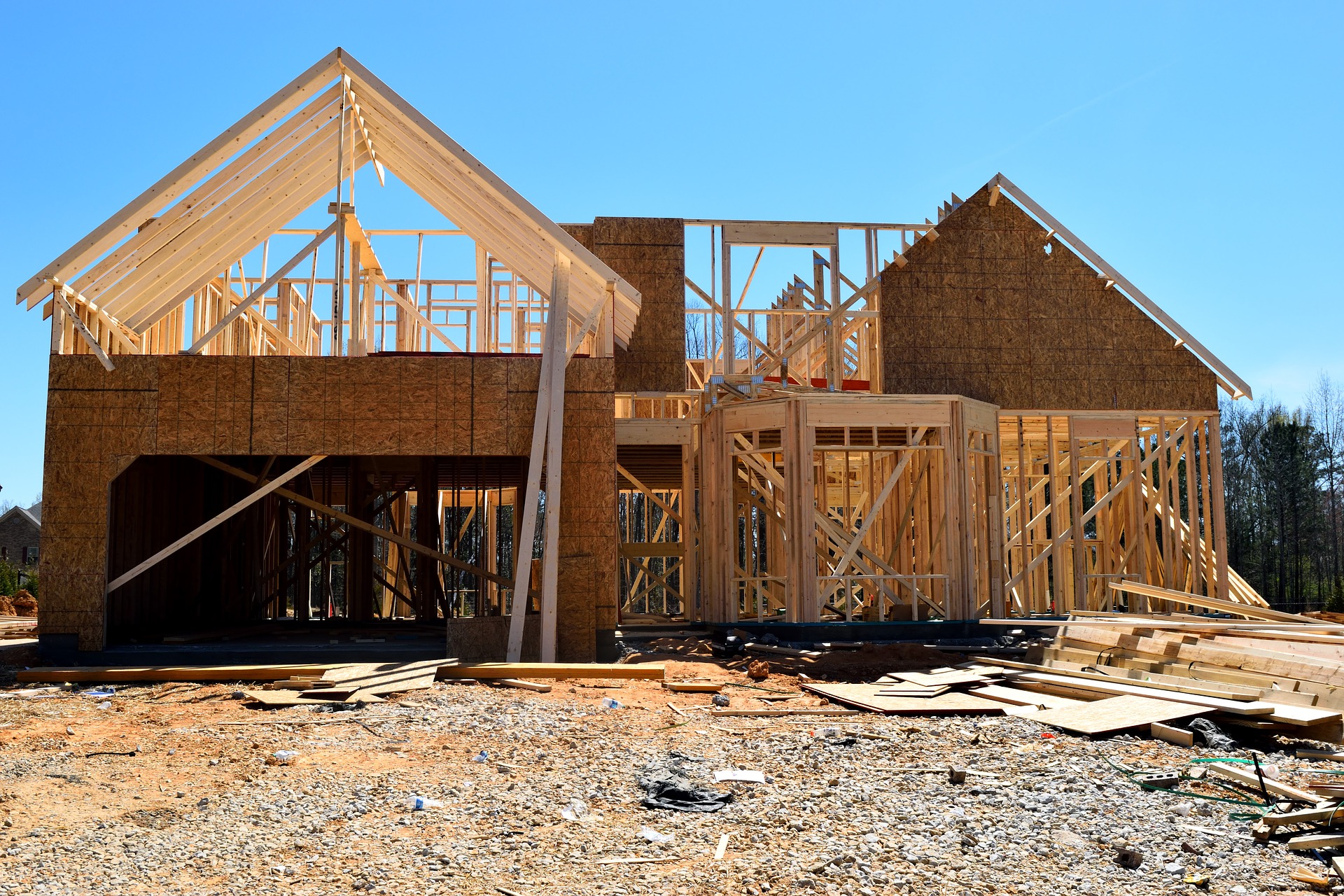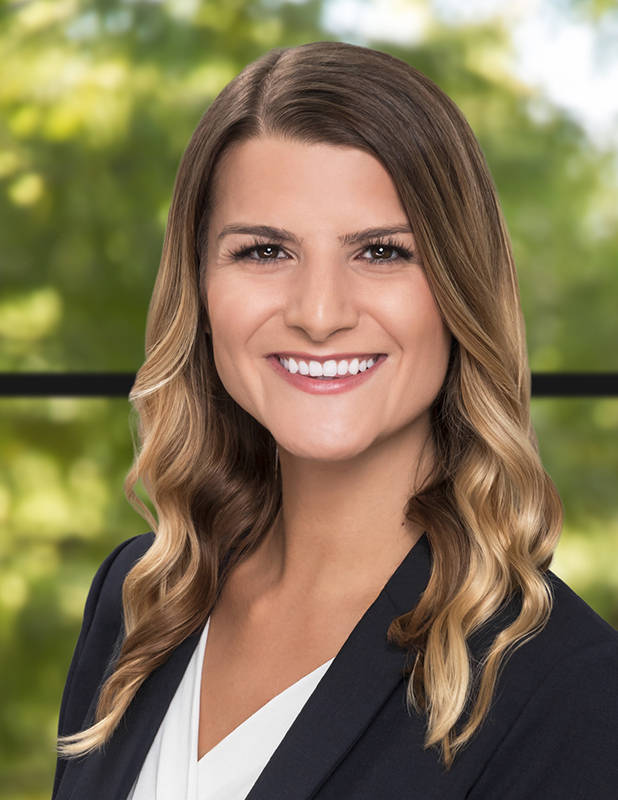It’s fall in an odd-numbered year and that means only one thing in Texas–lawyers have a whole host of new and updated rules to learn after the recent legislative session.
One of the most substantive changes occurred in Chapter 18.001 of the Civil Practice and Remedies Code. In the good old days (three months ago) a plaintiff could file an affidavit from a medical provider stating the amount charged for the services was reasonable and the medical services provided were necessary. If this affidavit was timely filed 30 days prior to trial (or 30 days prior to the date evidence was heard at trial), then the affidavit alone would be sufficient evidence to support a finding of fact that the amounts charged were reasonable and necessary. Once filed, the burden was then on the defendant to show the charges were not reasonable and necessary by filing a controverting affidavit within 30 days of being served with the plaintiff’s affidavit. If the defendant did not file their own controverting affidavit within 30 days, then the defendant would not be able to contest the necessity and reasonableness of the charges at trial.
HB 1693 changes all of that.
The deadlines surrounding the new rule are the most important change. Now, plaintiffs must serve their 18.001 affidavit on a defendant within 90 days of the defendant filing an answer. This is vastly different than the previous 30 day before trial (first hearing of evidence) deadline and will result in fewer defendants being rushed to file a controverting affidavit on the eve of trial.
If a court orders, or a portion of the Texas Rules of Civil Procedure set, the plaintiff’s expert designation earlier than 90 days after the defendant files its original answer, then plaintiff must serve its 18.001 affidavit by the earlier expert designation deadline. Simply put, if a court orders a plaintiff’s expert designation on a date 60 days after the defendant’s answer, then the plaintiff must file its 18.001 affidavit by its expert designation deadline, rather than the 90 days.
A defendant now has 120 days after the date they file their answer to serve their controverting affidavit. Similar to the rules for plaintiffs, defendants will have to serve their controverting affidavit earlier if a court orders the defendant’s expert designation for a time earlier than 120 days after defendant’s answer.
Practically speaking, this change will result in defendants receiving more complete sets of medical records at an earlier stage of litigation and it’s likely that service of 18.001 affidavits will now be included in agreed scheduling orders, removing doubt and adding efficiency to the litigation process.




